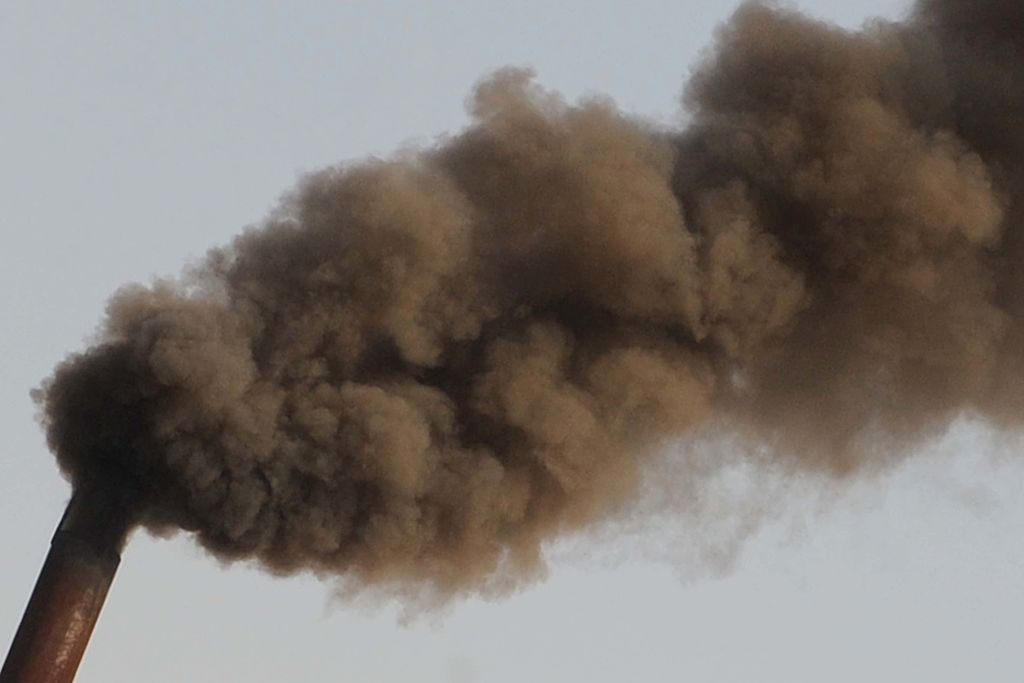- Tuesday, April 23, 2024

By: Shubham Ghosh
INDIA must alter its current trajectory substantially if it aims to deliver on prime minister Narendra Modi’s climate targets by 2030, Fitch Solutions on Friday (26) said.
Modi said at the recently held COP26 climate summit in Glasgow, Scotland, that India will raise its non-fossil fuel power-generation capacity to 500 GW by 2030, generate 50 per cent of its power from renewable sources, slash its total carbon emission by one billion tonnes and reduce carbon intensity of its economy by 45 per cent.
“India now faces the challenge of balancing strong economic growth with a sharp deceleration in its CO2 emissions,” Fitch Solutions said in a note, Press Trust of India reported.
“India must substantially alter its current trajectory, if it is to deliver on its commitments. Based on the current state of play, the country will fall far short of its climate objectives,” it added.
As of 2020, coal, oil and natural gas accounted for 55 per cent, 28 per cent and seven per cent of the primary energy mix, respectively.
“By 2030, we estimate they will account for a respective 45 per cent, 33 per cent and 8 per cent. That is, their total share will fall from 90 per cent to 86 per cent, with a decline in coal largely offset by a rise in oil and gas.
“Admittedly, we have proxied renewables growth with the growth in renewables power generation. Given that renewables look set to grow more rapidly outside of the power sector (e.g. in biofuels and hydrogen), we have likely understated their share in the overall energy mix in 2030. However, growth will occur from such a very low base that the impact will likely be marginal,” it added.
Saying that the strongest prospects for displacing fossil fuels are in the power sector, Fitch said the targets are likely to be unfulfilled in the absence of a step change in the sector.
“Our analysts currently forecast nuclear, hydropower and non-hydropower renewables generation capacity to reach 314GW by 2030, with their share in total generation rising to around 30 per cent. Both would then fall shy of their targets, of 500GW and 50 per cent,” it said.
It added that a number of headwinds in the form of supply chain bottlenecks, limited domestic manufacturing capacity and broader delays to project developments will likely continue to weigh on growth, PTI reported. In the transport sector, electric vehicles (EVs) account for less than 0.05 per cent of the total vehicle fleet with limited domestic EV options and a lack of charging infrastructure among the key obstacles to growth.
However, both India’s central and state governments are expanding incentive schemes to increase the production and sales of EVs.
“While India is undoubtedly taking steps in the right direction, further policy support will be needed, to substantially erode the demand for oil.
Based on the current policy landscape, our Autos team forecast rapid, 1,200 per cent growth in the EV fleet over the coming decade. Nevertheless, EVs will still account for less than 1.0 per cent of the total fleet by 2030,” Fitch said.
![]()